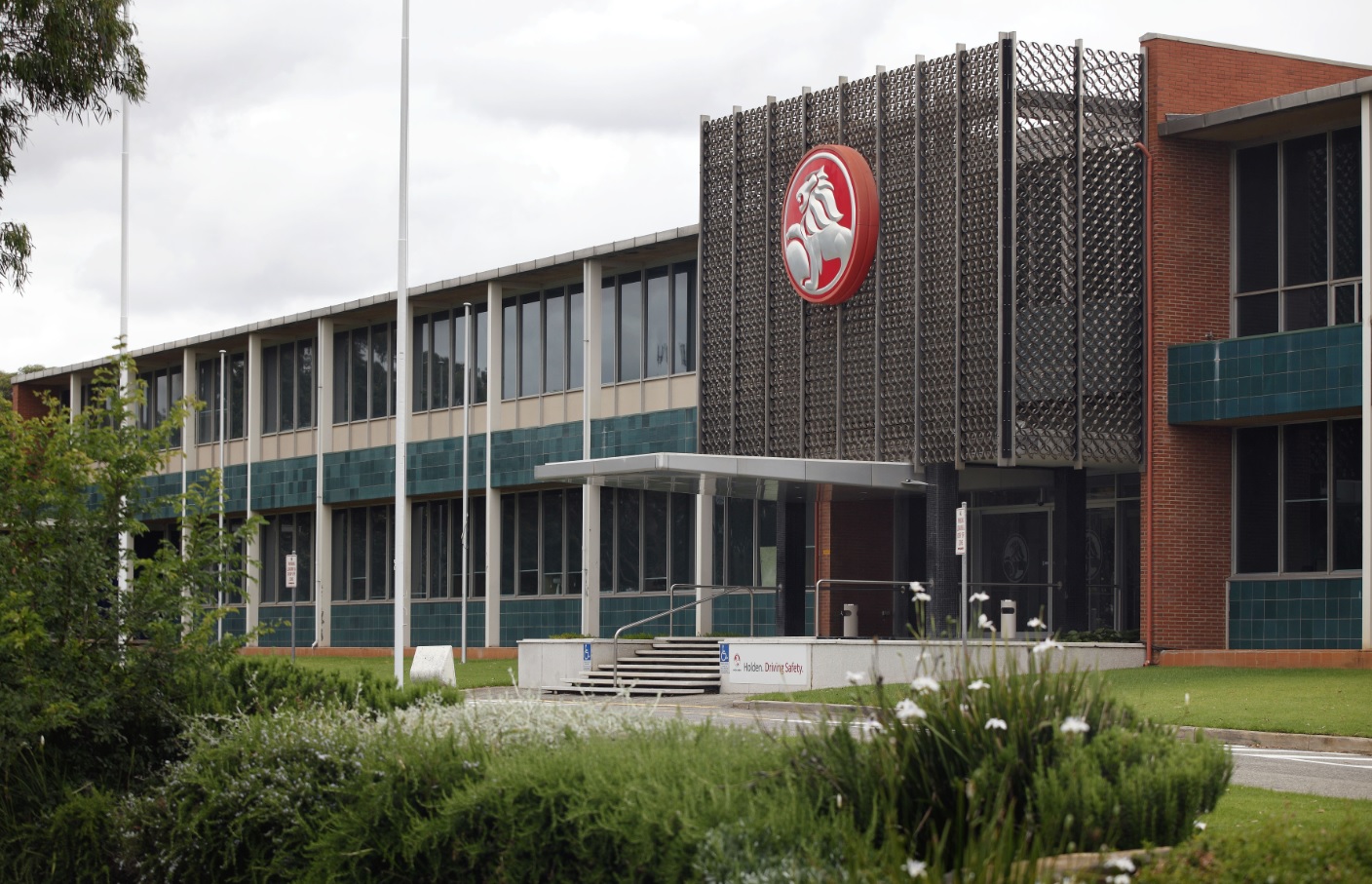With the car manufacturing industry all but over in Australia, securing ongoing employment will mean a leap into the unknown for many workers.
Workers at Holden’s manufacturing plant in Adelaide’s northern suburbs face an uncertain future as the operation looks to close in 2017.
Professor Andrew Beer from the University of South Australia’s Business School said around 20 per cent of Holden workers may never work again.
Professor Beer studied the fate of workers who left Mitsubishi after that car manufacturer closed its Adelaide plant in 2008.
“It’s an ugly truth, but it is the truth,” he said.
“We know from the Mitsubishi study that many workers were made redundant, then found work in the manufacturing sector, only to be made redundant again.
“And, in some instances, again and again.” He said workers facing redundancy due to the Holden closure next year should be looking to completely re-think their skills and career choices.
He said workers facing redundancy due to the Holden closure next year should be looking to completely re-think their skills and career choices.

A generic view of GM Holden's Elizabeth South Australia plant in Adelaide (AAP) Source: AAP
“It’s about thinking outside the square, and going into industries and sectors they haven’t considered previously,” he said.
At 54, Michael Hughes isn’t looking forward to finding his next job.
The process worker has just come off shift at Holden’s manufacturing plant in Adelaide.
Instead of heading home, he’s paid a visit to the company’s in-house transition centre, set up to help workers and their families find their next role when the plant closes next year.
“I’m pretty scared about the future,” he said.
“It’s a scary age to transition to another career, especially when you’ve spent so much time at Holden.”
Someone who has already made the leap is Mark Gibson, a 24-year veteran of the automotive industry.
Around six weeks ago he left his job at Holden for a new role in the disability sector.
Related reading

Holden workers get shipbuilding job boost
He may not be earning as much as he did in car manufacturing, but he could achieve something he sees as more valuable in the long run - job security.
“It’s been great and I’ve loved it,” he said.
He now works at Barkuma, a not-for-profit organisation that helps people with disabilities find meaningful employment.
Some of the work is production-line focused, an area in which Mr Gibson felt familiar.
But working in a people-focused environment was less familiar. It was a move he carefully considered.
“One of the things I did was some volunteer work, just to give myself some exposure to the [sector],” he said.
“And also, to make sure it was the right thing for me as well.”
Geoff Blackwood is the Chief Executive of Barkuma.
He said the company could use more employees like Mr Gibson.
“People who work in production, who are finding themselves out of work because of the closure of [Holden], we need those people,” he said.
“If they have good strong values, a sensible attitude towards themselves and others, we can deal with them.
“The sector will grow, and it will grow threefold. It’s going from somewhere around $7 billion to $22 billion, so we need staff.”
Related reading

Holden takeover bid in Adelaide collapses

